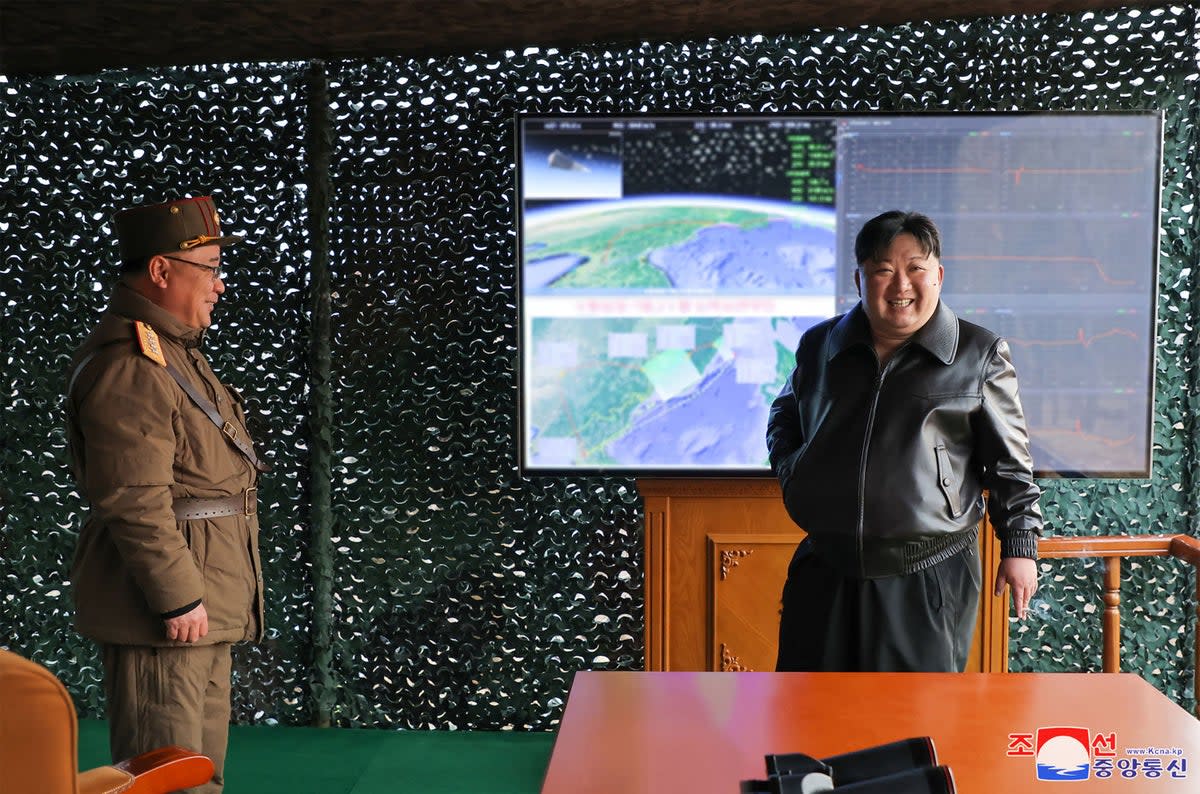South Korea increases threat level at five embassies due to global North Korean ‘terror’ plot

South Korea’s foreign ministry has increased the threat level at five of its embassies and consulates overseas as it warned of a North Korean plot to carry out “terrorist” attacks targetting Seoul’s officials and citizens living abroad.
Seoul’s spy agency, the National Intelligence Service [NIS], said it had recently “detected numerous signs that North Korea is preparing for terrorist attacks against our embassy staff or citizens in various countries, (such as) China, Southeast Asia, and the Middle East”.
The five locations include embassies in Cambodia, Laos and Vietnam, as well as consulates in Vladivostok, Russia, and Shenyang, China, Reuters reported.
The ministry said in a statement: “North Korea has dispatched agents to these countries to expand surveillance of the South Korean embassies and is also engaging in specific activities such as searching for South Korean citizens as potential terrorist targets.”
The South Korean foreign ministry said the terrorism alert level at the five embassies and consulates had been raised from “Attention” to “Alert”, the second-highest level in the country’s four-tier system, which indicates that there is a heightened likelihood of an attack.
The statement from the foreign ministry said that South Korea’s National Counter Terrorism Center convened a meeting on Thursday to discuss strategies aimed at safeguarding the country’s diplomatic premises and personnel.
Historically, during the Cold War era, North Korea faced allegations of perpetrating multiple assaults on civilian establishments, such as orchestrating bombings at a Seoul airport and targeting a South Korean airliner in the 1980s.
In 2017, the US placed North Korea back on the list of state sponsors of terrorism. It was earlier removed from the list by George W Bush in 2008.
Both Seoul and Pyongyang maintain diplomatic missions, either embassies or consulates, in all five locations where threat levels were increased.
“The end of the pandemic has enabled North Korean agents, previously confined within their country, to travel abroad for missions, while South Koreans are also travelling abroad without any restrictions,” Lee Man-jong, president of the Korean Association for Terrorism Studies, was quoted as saying by AFP.
“Pyongyang appears to be targeting South Korean assets and nationals located in foreign countries with which they have established strong diplomatic ties,” he told the outlet.
Since the Korean War ended in a truce in 1953, North Korea has been accused of conducting a number of attacks against South Korea and its people. These include an attempt to infiltrate the South Korean Presidential Palace in 1968, where armed North Korean guerrillas disguised as South Korean soldiers attempted to assassinate then-president Pak Chong-hui, resulting in casualties on both sides.
Then in 1983, three North Korean armed guerrillas attempted to assassinate then-president Chun Doo-Hwan of South Korea during a state visit to Myanmar [then known as Burma], resulting in the deaths of South Korean officials and injuries to many others.
In September 1996, a North Korean submarine was stranded in the northeast of South Korea, leading to armed agents infiltrating South Korean territory. Some of these agents were discovered dead in a nearby mountain, while others were killed by the South Korean army.
In June 1998, another incident occurred when nine dead bodies and automatic rifles were found in a submarine that had drifted into South Korean waters.
Earlier this year, North Korean leader Kim Jong-un called for his country’s constitution to be changed to declare South Korea its “primary foe and invariable principal enemy”, as relations between the two countries plummeted to their worst level in years.
Additional reporting by agencies


